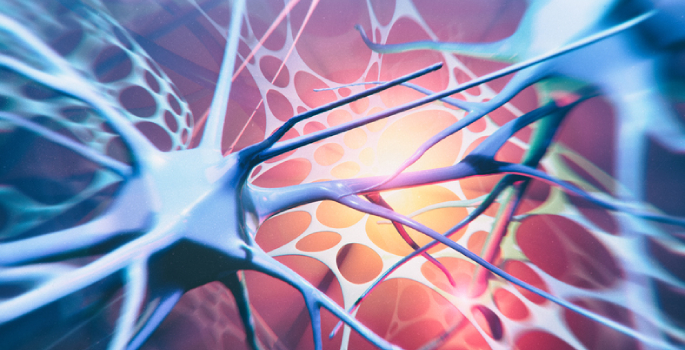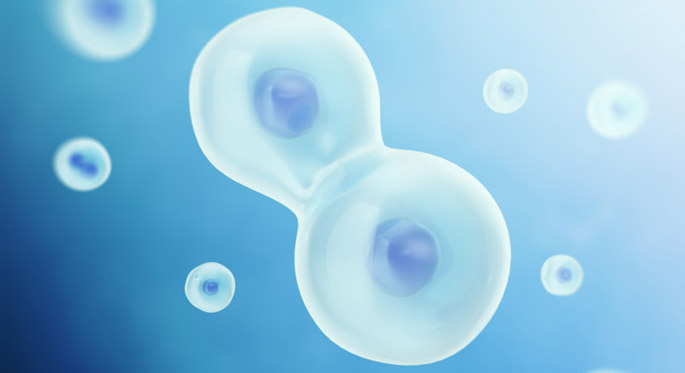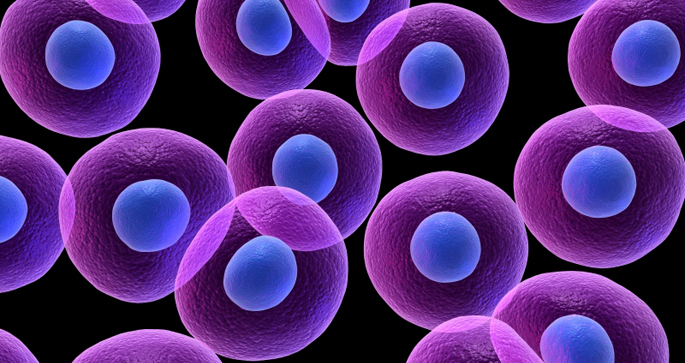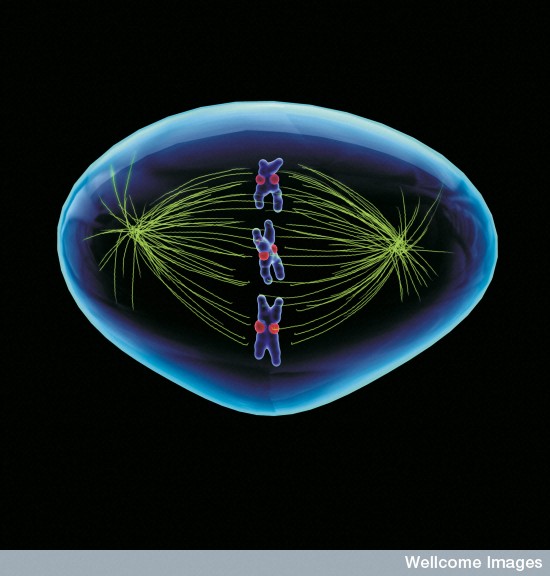Journal Of Cell Biology
-

Protein study may be key to treating fibrotic diseases
A protein linked to amyotrophic lateral sclerosis (ALS), a progressive neurological disease that causes muscle weakness, may be a key to treating fibrotic disease of the kidneys and other organs, researchers at Vanderbilt University Medical Center reported recently. Read MoreJul 30, 2020
-

The plus and minus of microtubules
Understanding the dynamic regulation of cytoskeletal microtubules may suggest new ways to treat disorders ranging from Alzheimer's disease to cancer. Read MoreSep 5, 2019
-

A lipid’s role in cell division
Lipids in the plasma membrane regulate the position of the contractile ring that is required for cell division, Vanderbilt researchers have discovered. Read MoreNov 10, 2017
-

Chloride “switch” turns on membrane formation: study
Chloride plays a key role in the formation of the basement membrane, a suprastructure on the outside of cells that undergirds and guides the function of most of the tissues of the body. Read MoreMay 23, 2016
-

Aging insights from budding yeast
The proteins that control entry and exit from the cell nucleus influence aging, Vanderbilt researchers have discovered. Read MoreApr 2, 2015
-

Long-range signaling to stem cells
The potential for long-range signaling factors – such as those identified in the current study – to regulate stem cell behaviors has implications in tumor progression and metastasis. Read MoreOct 9, 2014
-

Divvying up chromosomes
(Benedict Campbell/Wellcome Images) Mitosis, or the separation of chromosomes during cell division, is driven by dynamic interactions between the kinetochore region on chromosomes and string-like structures called microtubules. A number of proteins, including the enzyme Cdk1, regulate these interactions, but it is unclear what kinetochore components such enzymes work… Read MoreDec 16, 2011